Uniform Circular Motion Crash Course Physics 7
Hide All Ads - Subscribe Premium Service Now
Share your inquiries now with community members
Click Here
Sign up Now
Lessons List | 47
Lesson
Show More
Lessons
Comments
Related Courses in Science
Course Description
Mechanics. Motion and its causes; interactions between objects.
Thermodynamics. Heat and temperature.
Vibrations and Waves Phenomena. Specific types of repetitive motions- springs, pendulums, sound.
Optics. Light (including mirrors), lenses, colors.
Electromagnetism. ...
Relativity. ... 1 Classical mechanics.
2 Thermodynamics and statistical mechanics.
3 Electromagnetism and photonics.
4 Relativistic mechanics.
5 Quantum mechanics, atomic physics, and molecular physics.
6 Optics.
7 Condensed matter physics.
8 High-energy particle physics and nuclear physics. What is basic of physics?
Physics is a natural science that involves the study of matter and its motion through space and time, along with related concepts such as energy and force. Matter is generally considered to be anything that has mass and volume. ... These laws of nature are rules that all natural processes appear to follow. What are the 4 basic laws of physics?
The 4 most fundamental physics concepts
Classical mechanics (the laws of motion) If you've studied any sort of science, you've probably heard the story of Isaac Newton sitting under an apple tree and formulating the basic laws of motion. ...
Electromagnetism. ...
Relativity. ...
Thermodynamics. What are the 2 types of physics?
There are Two Main Branches of Physics, Classical Physics and Modern Physics Who named physics?
He wrote the first work which refers to that line of study as "Physics" – in the 4th century BCE, Aristotle founded the system known as Aristotelian physics. He attempted to explain ideas such as motion (and gravity) with the theory of four elements. What is the hardest branch of physics?
Top Ten Hardest Physics Topics
Quantum Mechanics. I love physics but to say some of it's laws are just too much hard. ...
Electromagnetism. ...
Projectile Motion. ...
String Theory. ...
Electronics. ...
General Relativity. ...
Relative Velocity. ...
Radiation. Can I study physics on my own?
You should really work out problems on your own. If you just watch videos online or read book chapters, you might be convinced that you understand the physics but from my experience it's a wrong feeling. Doing problem sets is the best (and only) way to really master the subject.
Trends
Graphic design tools for beginners
Workplace Communication skills for beginners
MS Excel
Communication Skills
Create cinematic ai landscapes videos
Google Python class
Create AI Videos
Python programming language
Basic mathematics
Logistic regression machine learning
Embedded Systems ES
Python machine learning from scratch
Cyber Security for Beginners | Edureka
French
Learning English Speaking
French language for beginners
Engineering chemistry fundamentals
Excel fundamentals for finance
Java programming for beginners
American english speaking practice
Recent
Engineering chemistry fundamentals
Engineering thermodynamics
Mechanics
Electromagnetic theory
Thermometry
Basic mathematics
Create cinematic ai landscapes videos
Ai photography basics
Tools for ai image
Create ai videos with moonvalley
Leonardo Ai
Making ai cartoon animation
Create cinematic Ai videos
Create AI Videos
Creating AI videos
Runway gen 3 AI video generator
Logistic regression machine learning
Linear regression in python
Neural Network python
Optimization in deep learning




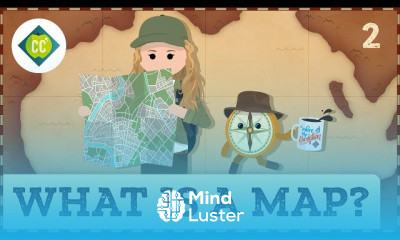

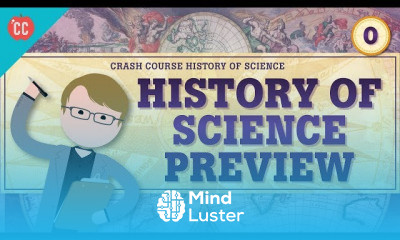
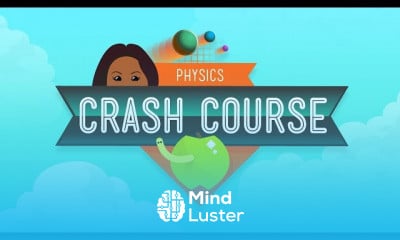
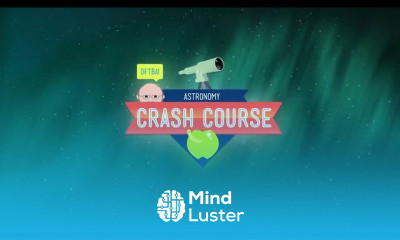
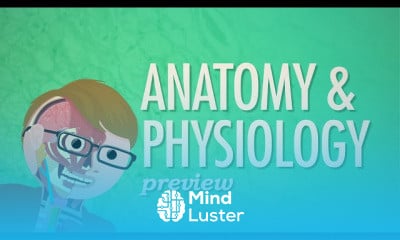
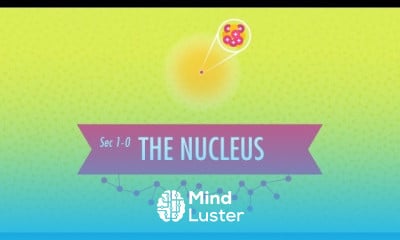
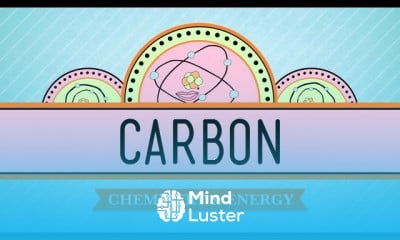

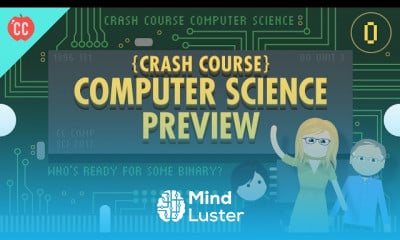
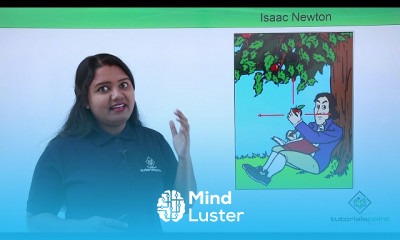

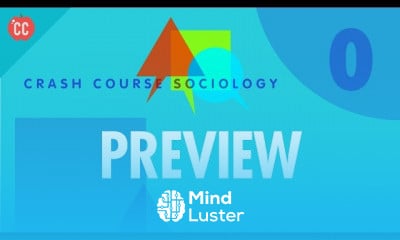

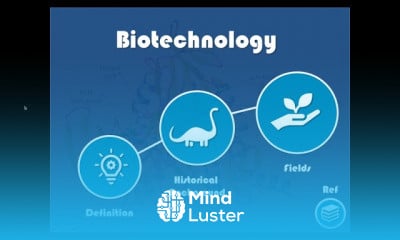

You must have an account within the platform in order to participate in the discussion and comment. Register now for freeClick here